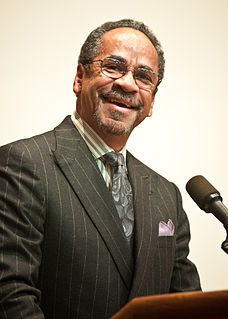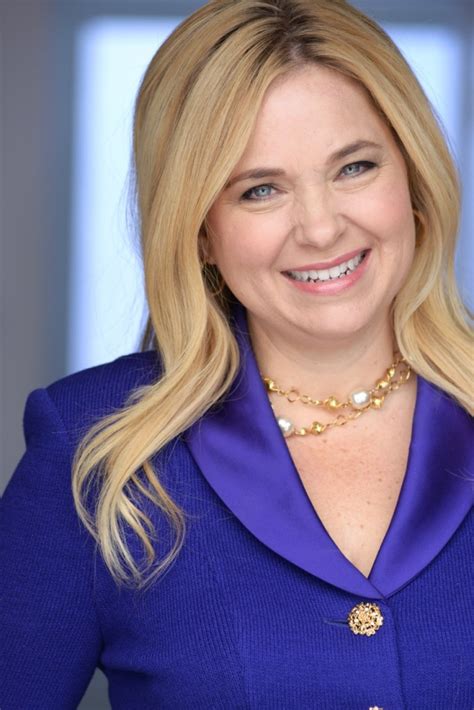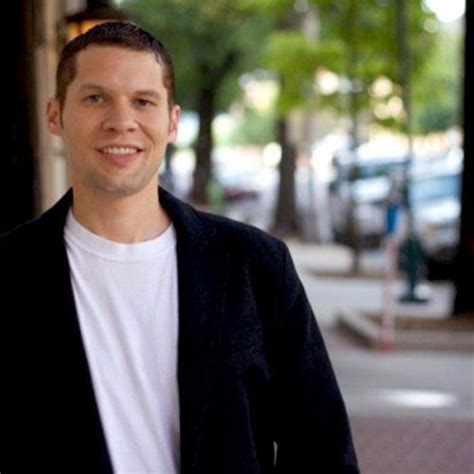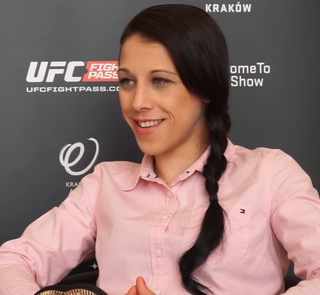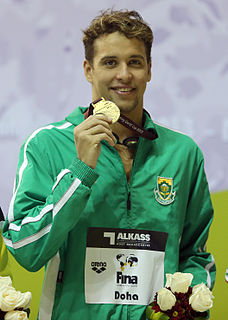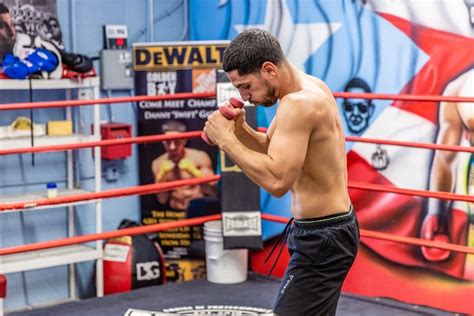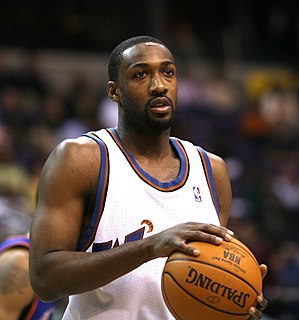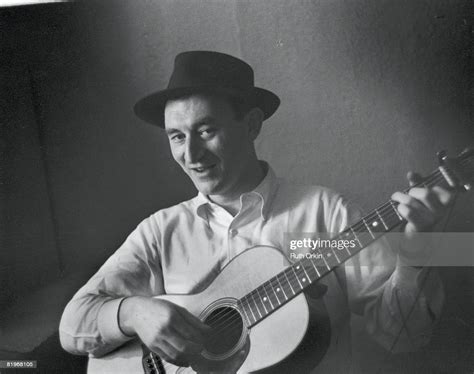A Quote by Tim Reid
When the media defines something, you have to question: Is it the definition that you want applied to your culture? I'm trying to determine who's leaving the legacy, and if the legacy that is being left is a positive one.
Related Quotes
What is your legacy? Are you intentional about the sort of influence you want to have on the world around you? Being aware of how you want to be remembered gives you a perspective on what is truly important. Leadership is influence, and relationships are the foundation of leadership. Nothing is more predictive of your legacy than the quality of people you surround yourself with.
